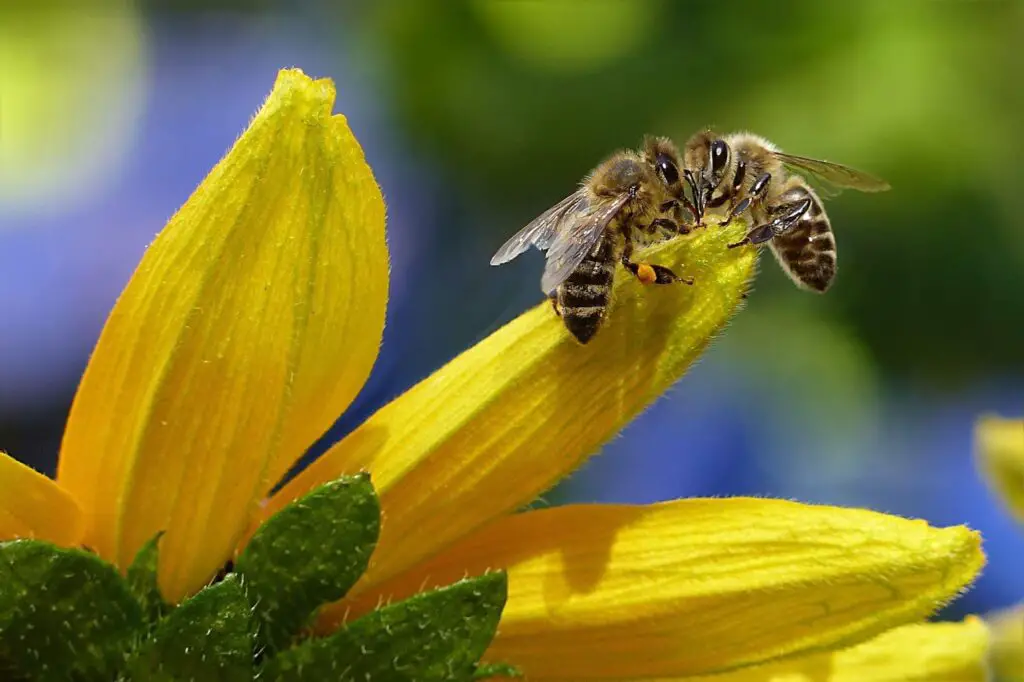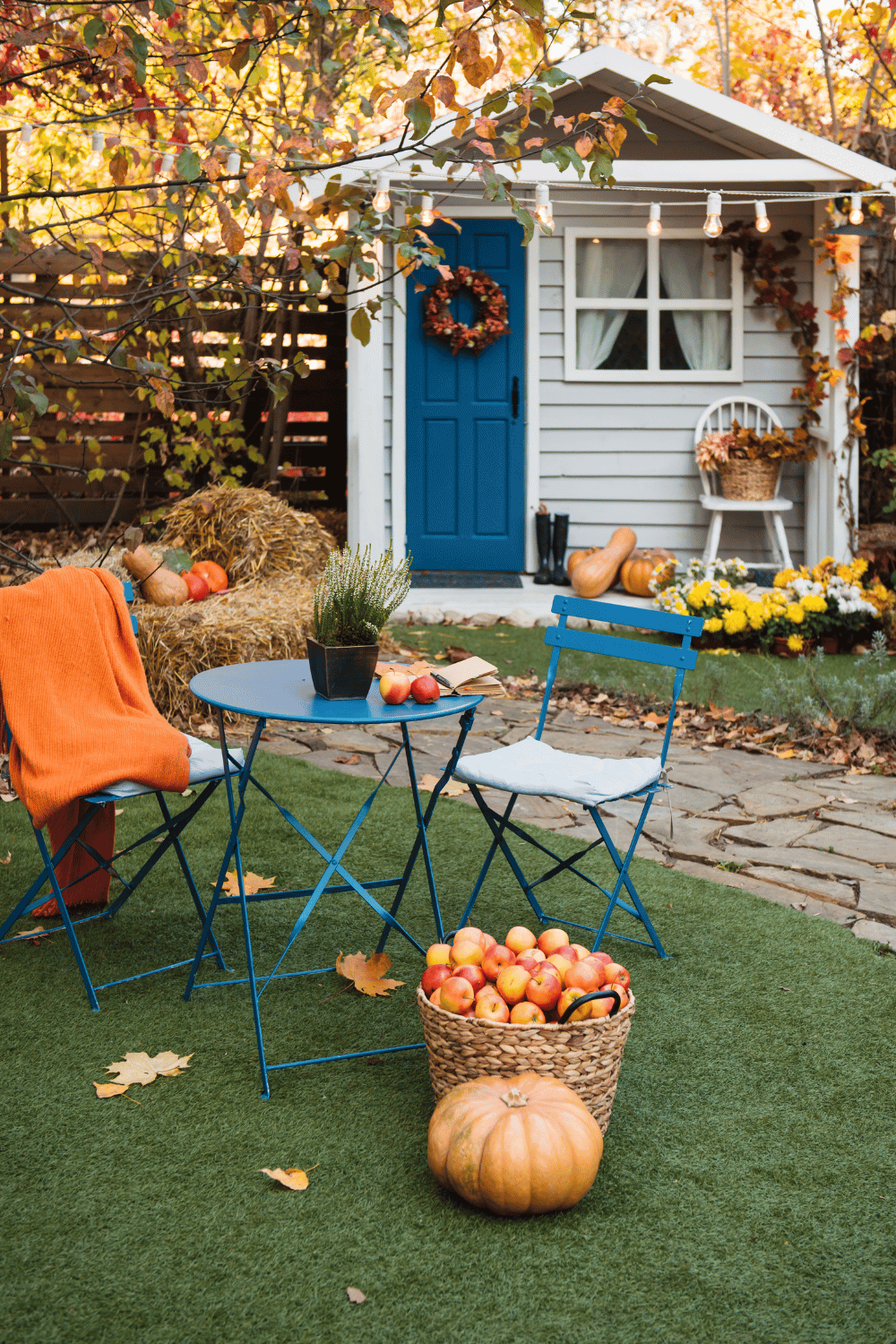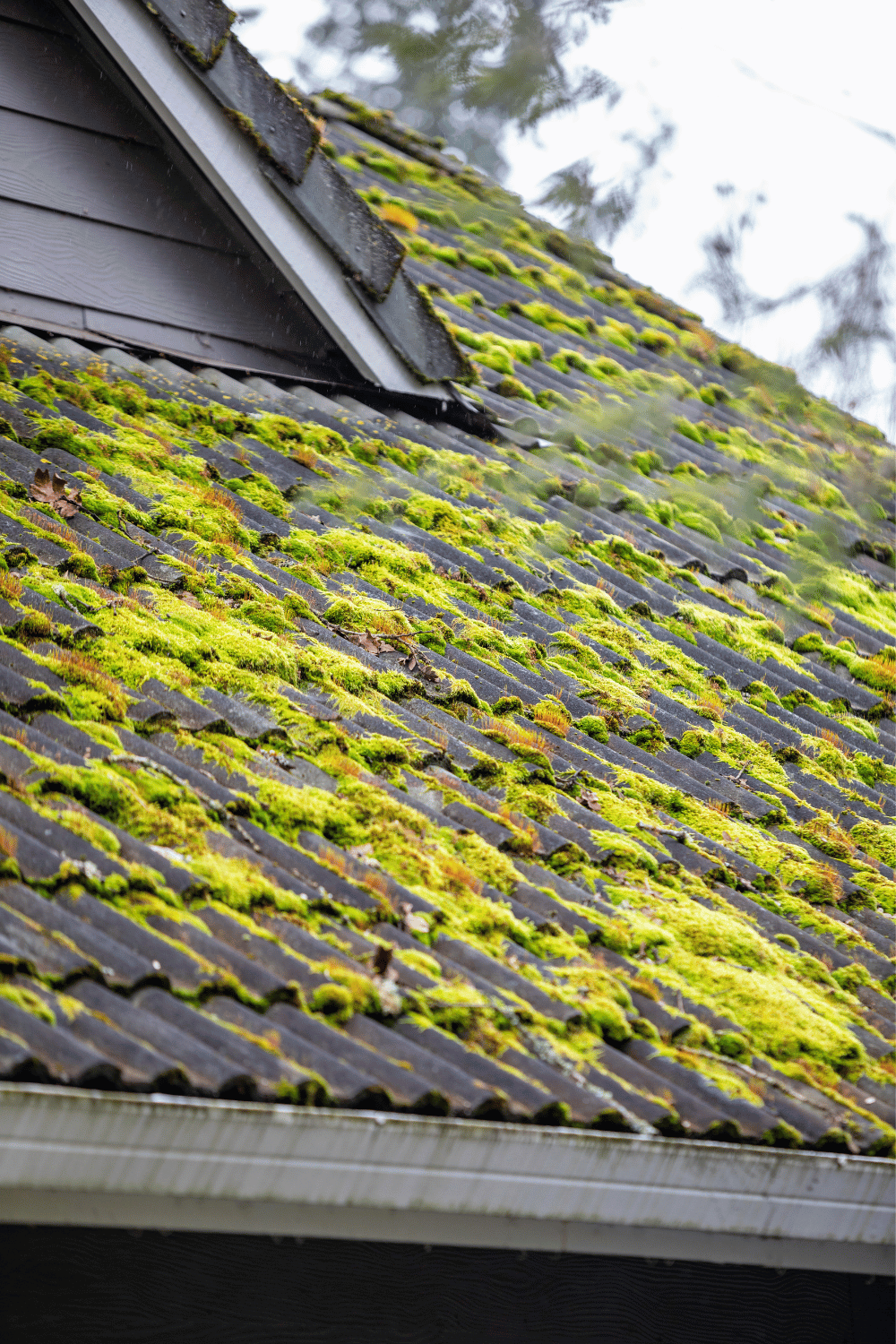Challenges You Might Face While Beekeeping in Your Garden

Beekeeping is the practice of maintaining honeybee colonies, usually in hives, to collect honey and beeswax and to help pollinate plants. By keeping bees in your garden, you can help ensure that there are enough pollinators to support a healthy ecosystem and food system. But there are a lot of restrictions on beekeeping. Let’s talk about the challenges you might face while beekeeping in your garden.
Challenges for Beekeeping in the Garden
Beekeeping is a fascinating journey into the world of pollination and honey production. But the beekeepers can face many challenges for this. Here are some challenges that beekeepers in a garden setting may encounter:
Bee Diseases and Pests
Beekeeping in a garden can be a rewarding and enjoyable hobby, but it also comes with the responsibility of managing bee diseases and pests that can harm the hive.
Here are some common bee diseases and pests to be aware of and how to prevent and treat them:
- Varroa mites are tiny parasitic mites that attach themselves to bees and feed on their blood. They can weaken and eventually kill the hive if left untreated. Regular monitoring and treatment with approved miticides can help control their population.
- Nosema is a fungal infection that affects the digestive tract of bees, causing diarrhea and, eventually, death. Keep the hive clean and dry, and provide adequate ventilation to prevent the growth of this fungus.
- American foulbrood (AFB) is a bacterial disease that can destroy an entire colony. It is highly contagious and can be spread through contaminated equipment and food sources. Prompt identification and burning of infected combs and bees are essential, along with proper sanitation practices.
- Wax moths are insects that lay their eggs in the hive, and their larvae feed on beeswax, pollen, and honey. Keep the hive clean and free of debris, and store unused frames in a cool and dry place to prevent infestation.
- Small hive beetles lay their eggs in the hive, and their larvae feed on honey and wax, causing damage to the comb and spreading diseases. Regularly inspect the hive and remove any beetles or larvae found.
- Hire help with Turner Pest Control Sarasota.
Space Limitations
Bees need enough space to fly in and out of their hives, as well as forage for nectar and pollen sources. In a small garden, it may not be possible to accommodate a large number of hives or provide enough forage for a healthy bee population.
To address this challenge, beekeepers in small gardens may consider:
- Using smaller hives, such as top bar or Warre hives, instead of traditional Langstroth hives can reduce the overall footprint.
- Vertical hive management allows beekeepers to stack multiple smaller hives on top of each other, maximizing space without sacrificing hive strength.
- Raised beds can be used to create more space for foraging by planting flowers and herbs that attract bees.
- If space is a significant limitation, consider partnering with other gardeners in the community to share space for beekeeping and create a larger foraging area.
- Rooftops can be an ideal location for small-scale beekeeping, providing ample space for hives and access to a range of nectar and pollen sources.
- Providing supplemental feeding with sugar water or pollen patties can help ensure the bees have enough nutrition to thrive.
Legal Restrictions
The legal restrictions for beekeeping in a garden will vary depending on your location and the local laws and regulations. There are several things to keep in mind when considering beekeeping in your garden:
- You should check the local zoning regulations. Some cities and towns may have zoning restrictions that limit or prohibit beekeeping in residential areas.
- Depending on your location, you may need to obtain a permit or register your beehive with local authorities.
- It’s important to follow safety guidelines and wear protective clothing to avoid getting stung. Make sure you’re trained in the proper techniques before starting.
- In many areas, some laws require beekeepers to maintain healthy hives, such as through regular inspections for diseases and pests.
Neighbors
Beekeeping in your garden can be a rewarding hobby, but it’s important to consider your neighbors and their safety. If you have neighbors close by, it’s important to take precautions to prevent any problems with them.
- You can explain what you’re doing and address any concerns they may have. You should be honest and answer if they have any questions. This will help to build a good relationship and prevent any misunderstandings.
- Bees typically fly in a straight line as they leave and return to the hive, so make sure that the entrance of your hive is not facing your neighbor’s property.
- Make sure that your bees have plenty of water sources and food available within your garden to prevent them from venturing into your neighbor’s property.
- You can use a fence or a dense hedge to block the bees’ flight path. This will help to prevent any accidental contact between your bees and your neighbors.
- If you notice any aggressive behavior from your bees, you should take immediate action, like relocating your hive, installing screens or barriers, or working with a professional beekeeper to manage your hive.
Weather Conditions
Here are some challenges that you might face due to weather conditions while beekeeping in your garden:
- It’s important to monitor the temperature and ensure that the hive is adequately ventilated. Because in cooler temperatures, bees will cluster together to keep warm. On the other side, in hotter temperatures, they will fan their wings to cool the hive.
- Bees don’t like to fly in the rain, so they will stay in the hive. If it rains for an extended period, the bees may not be able to forage for food, which could impact their health.
- Strong winds can make it difficult for bees to fly, and they may not be able to return to the hive. It also topples over hives, which could be catastrophic for the bees.
- High humidity can cause moisture buildup inside the hive, which could lead to mold growth and other issues.
- Tornadoes, hurricanes, and other extreme weather events can be dangerous for bees and their hives. It’s important to take precautions to protect the hives during these events.
Conclusion
In conclusion, beekeeping in your garden can have many benefits for both the environment and your household. You can enjoy the many uses of fresh honey and beeswax and the satisfaction of caring for these fascinating and important creatures. But it requires proper knowledge, equipment, and care, and it is important to do research and understand the regulations in your area before starting your hive.






